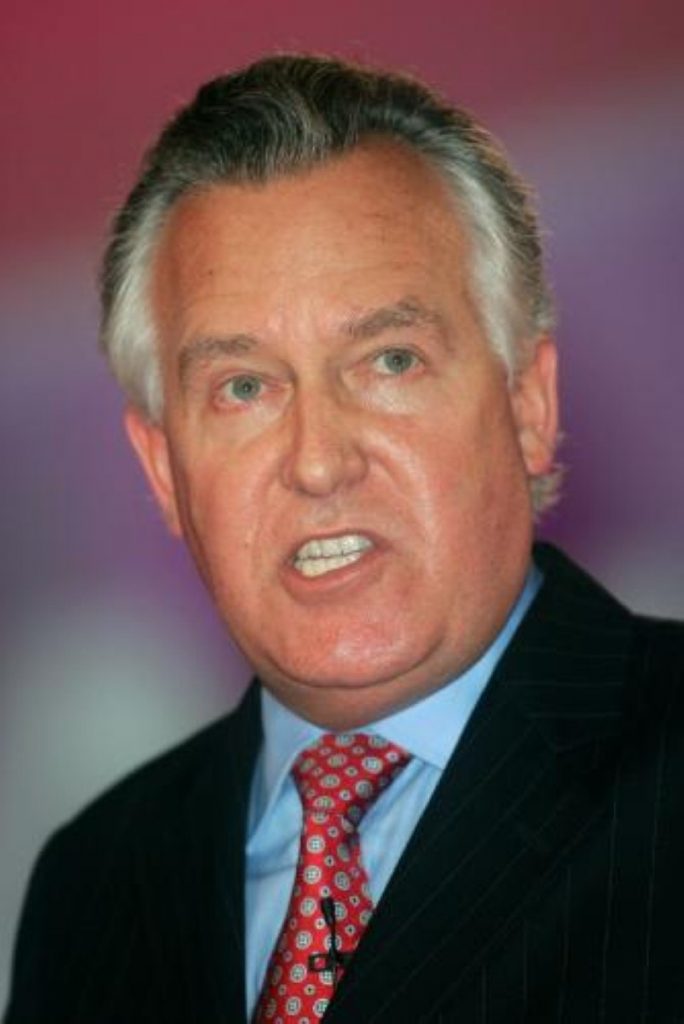Brown suffers first Cabinet loss
The Labour government has been branded sleazy after the resignation of Peter Hain.
Gordon Brown was likened to John Major as his Cabinet suffered its first resignation after little more than six months as prime minister.
Mr Brown had been accused of “dithering” for refusing to sack Mr Hain after it emerged he had failed to declare £103,000 in donations.
He conceded his work and pensions secretary was guilty of “an incompetence” but insisted his fate lay with the Electoral Commission.


Today the starkness of that fate became clear as the commission said it was reporting the reporting irregularities to the Metropolitan police.
It is reported Mr Hain telephoned the prime minister to resign immediately upon hearing the news.
He later told the Press Association he had resigned “to clear his name”.
Downing Street confirmed Mr Brown had accepted his resignation.
The prime minister will now have to reshuffle his government earlier than expected to fill Mr Hain’s posts at the Department of Work and Pensions (DWP) and the Wales Office.
Mr Brown has been at pains to portray his administration as a fresh start after the spin associated with Tony Blair.
But Lib Dem work and pensions spokesman Danny Alexander today said the transition from Blair to Brown “feels increasingly like the transition from Thatcher to Major”.
“We have had the return of government incompetence, economic turmoil and political sleaze,” Mr Alexander remarked.
He continued: “We all remember John Major clinging on to ministerial colleagues, only to lose them in the end, and now Gordon Brown is doing the same.”
Chris Grayling, shadow work and pensions secretary, said Mr Hain’s resignation was inevitable and the right thing to do given the Electoral Commission.
Mr Grayling added: “What is important now is for Gordon Brown to rake rapid action to restore effective leadership to a department that has clearly been distracted by the events of the last few weeks.”
Harriet Harman, who beat Mr Hain in his costly bid for the deputy leadership of the Labour party, paid tribute to him as an “excellent colleague and a good friend”.
Speaking in the Commons, she said his work at the DWP was “important. for people in this country”.









